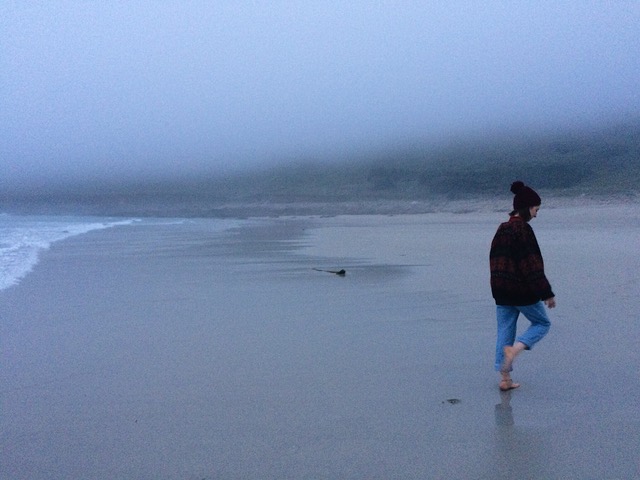Liverpool and Wales: Longing and imagination in city and country
/By Kenn Taylor :
The relationship between Liverpool and Ireland is well documented. The relationship between Liverpool and Wales less so, yet just as deep. At one point, Liverpool had the largest urban settlement of Welsh speakers. From teaching to building to retail, the Welsh were a key part of the region’s fabric. The National Eisteddfod was held several times in Liverpool and Birkenhead. Relations were not always cosy though. In particular when Liverpool Corporation constructed the Llyn Celyn reservoir over the Welsh speaking village of Capel Celyn, helping fuel Welsh nationalism in the 1960s. Liverpudlians too, were also part of Wales. From the earliest opportunities the working class had for holidays, Wales represented open space, clear air, leisure and countryside.
Even now, Liverpool may no longer represent the economic powerhouse for Wales, especially as Cardiff has grown, but it’s still the closest major urban settlement to North Wales. A place to study, to go out, to shop. While, despite the advent of cheap flights, Wales remains popular for holidays and days out. And both still hold a pull to each other, particularly for the young of each place, long after cars replaced paddle steamers as the quickest route between the two.
Possessing dramatic landscapes and cultures fired with passion and poetry, they are places separate but intertwined. Hills and tall buildings just visible through the distance on brighter days from up high. For populations with experiences so different, how each viewed the other was and is so much about perception, projection, longing. The Welsh idea of Hiraeth, is something many from Merseyside are also familiar with even if they couldn’t put a name to it. A bittersweet longing for homeland, for a lost golden age, even by those who never knew it or never left in the first place. A yearning to return to something which no longer exists, or maybe never did, but is a feeling which always remains.
In urban Merseyside, Wales is a place to escape to. Peace and space and blinding light. The intensity of openness. A bucolic place of nature, of school outward bound adventures, as much about crisps and kissing as mountain climbing and canoeing. Cheap, accessible holidays and golden if chilly beaches. The romantic weirdness of Portmeirion. Steam trains that go from nowhere to nowhere but at least the landscape looks pretty. This though, of course, ignores the vast holiday industry driven by Merseyside, Manchester and Birmingham, the undulating, boxy sea of caravans along the coast. There are the pseuds too who pretend they’re not tourists, that claim they come for the ‘real Wales’. What is real North Wales though? There’s the real of lakes, mountains and beaches, but also the real of intensive agriculture, nuclear power stations, Japanese factories and RAF jet bases. The holiday parks too are just as real.
In North Wales, Liverpool is a place to escape to, especially for the young. Noise and density and blinding lights. The intensity of urbanity. The possibilities are bigger in London of course, but also much further and harder away. Good times, clubs and music, different people and alternative cultures. Freedoms away from small town oppression. Anonymity and maybe even opportunity. A life closer to the edge, even if it’s easier to fall off. But of course, what is the ‘real Liverpool?’ All of this but also, pleasant suburbs, vast parks, technology hubs and polished shopping centres, like so many others. What both places have is a fierce awareness of themselves and their cultural uniqueness, but that sometimes blinds to what is more universal and what is shared. As well as that, living in cultures so strong, can create a drive for some to escape from it.
The city in the distance. The hills in the distance. The distance is what matters, near but far. Something to daydream of, to work towards, to long for. A projection in the back of the mind, both real and unreal. The closer you get, the more the longing fades and you begin to think what you saw in the distance was a chimera. The longer you stay, the more you think back to what you have left and realise, maybe it wasn’t so bad. Maybe. Fresh eyes. Hiraeth again. The intangible feeling.
And it is everywhere. Strive to break from hard lives or particular places and we find we always take them with us. When we achieve our escapism, we find it’s just another different reality. What we’re looking for has never existed and it never will. Yet we still always look for it. In the distance, just out of sight.
***
Kenn Taylor is a writer and arts producer. He was born in Birkenhead and has lived and worked in Liverpool, London, Bradford, Hull and Leeds. His work has appeared in a range of outlets from The Guardian and CityMetric to The Crazy Oik and Liverpool University Press. www.kenn-taylor.com



